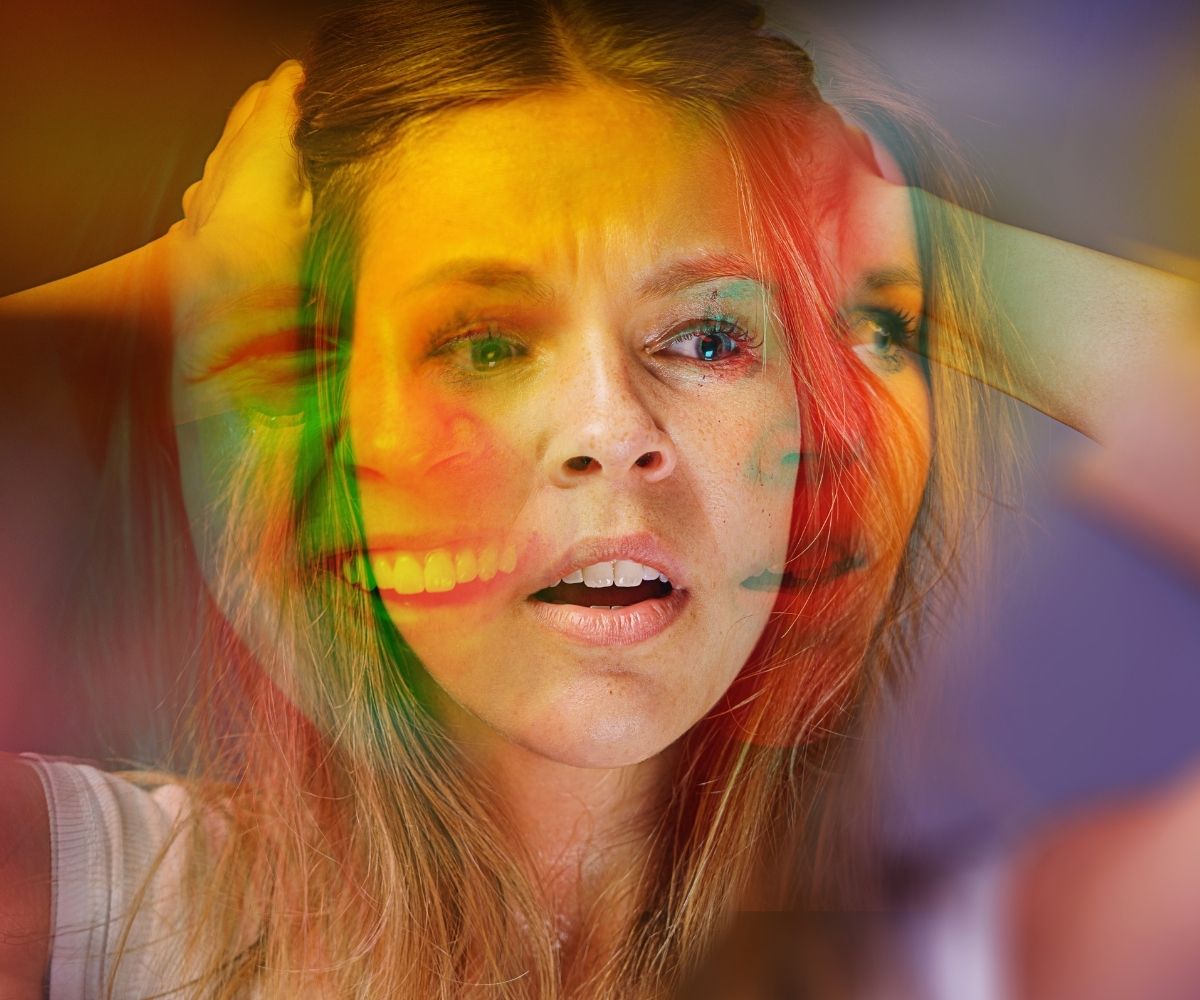Bipolar disorder is a complicated condition that influences the mood, energy level, and functionality of a person. It causes tremendous mood swings from highs (manic) to lows (depressive). If you or your family member is suffering from this symptom, consulting with psychiatrists could be the start of healing. Early treatment can control the symptoms and improve the quality of life of a person. In this blog, we will be discussing the symptoms, causes, and treatment of bipolar disorder provided in mental health centers.
What is Bipolar Disorder?
Bipolar disorder affects people differently with mixed symptoms that may be mild to severe. There are two types:
Bipolar I Disorder: More severe manic episodes that sometimes need hospitalization in mental health clinics or psychiatric hospitals.
Bipolar II Disorder: Less severe manic episodes (hypomania) but has longer durations of depression.
While the specific cause is unknown, genetic and neurological factors are at work. Early treatment and diagnosis can be improve by a consultation with a rehabilitation clinic or a mental facility.
Symptoms and Signs in Women
Bipolar disorder is different in women because of hormonal changes. Some of the typical symptoms are:
- Manic Episodes: More energy, more impulsive, and needing less sleep.
- Depressive Episodes: Hopelessness, tiredness, and poor concentration.
- Mood Swings: Severe emotional changes that disrupt daily life.
- Irritability: More frustration, which usually causes interpersonal problems.
Early identification of these symptoms can assist in getting proper treatment from a psychiatric hospital or a rehab center specializing in bipolar disorder.
When Do You Need Help?
When mood swings and emotional distress start affecting your daily functioning, you need to consult a professional. Contact a mental hospital or hospitals with psych wards if:
- Symptoms persist for weeks and is affecting your daily life.
- Mood swings create problems at work or in relationships.
- There is severe risk of injuring yourself or thougths of suicide.
Early treatment in a rehab facility or inpatient psychiatric hospital will prevent the worsening of symptoms.
Treatment Methods for Bipolar Disorder
Treatment of bipolar disorder comprises different techniques based on your personal requirements:
1. Psychotherapy
You are provided with assistance to manage emotions through Cognitive Behavioral Therapy (CBT) and other therapy sessions. Patients are assisted to withstand triggers and maintain stability by the therapists in the rehab facilities.
2. Medication Management
Mood stabilizers, antidepressants, and antipsychotics are commonly prescribed. Regular checks with psychiatrists makes sure that proper combinations of medication appropriate for your conditions are given.
3. Lifestyle Changes
- Consistent Sleeping Pattern: Having a constant sleeping schedule helps stabilize mood swings.
- Good Diet & Workout: Good habits can keep mental health intact.
- Avoidance of Triggers: Steering away from stress and being aware of lifestyle choices that can contribute towards long-term healing.
Seeking support from mental care professionals ensures a comprehensive approach to managing the condition.
Conclusion
Bipolar disorder is a condition that can be treated if properly taken care of and supported. May it be through therapy, medication, or a treatment course at a rehabilitation facility, it is critical to start the healing process. If you or someone you know is struggling, seek help and advice from mental health professionals.
Aftercare Support
Merlin Health offers empathetic treatment to those who are going through and need support from bipolar disorder. For customized support, call us: +91 92204 31600 and mail: info@merlinrev.com.
Frequently Asked Questions (FAQs)
Q1: How do I identify the best local psychiatrists for bipolar disorder treatment?
A1: You may consult experienced psychiatrists in mental health hospitals or rehabilitation centers nearby. You may also refer to online directories and recommendations.
Q2: How do mental health wards help manage bipolar disorder?
A2: Mental health wards provide structured treatment, including therapy, medication management, and 24/7 medical support for individuals experiencing severe symptoms.
Q3: Is hospitalization necessary for bipolar disorder treatment?
A3: In severe cases, inpatient care at a psychiatric hospital or mental facility may be needed for stability. However, many individuals manage the condition with outpatient therapy and medication.
Q4: How is rehab different from a mental health hospital for bipolar disorder?
A4: Rehab centers specialize in long-term treatment and recovery, whereas mental hospitals specialize in crisis intervention and stabilization.
Q5: Is bipolar disorder manageable by making lifestyle changes?
A5: Yes, leading a routine, taking as directed, and avoiding triggers can work wonders in terms of enhancing stability and overall well-being.








